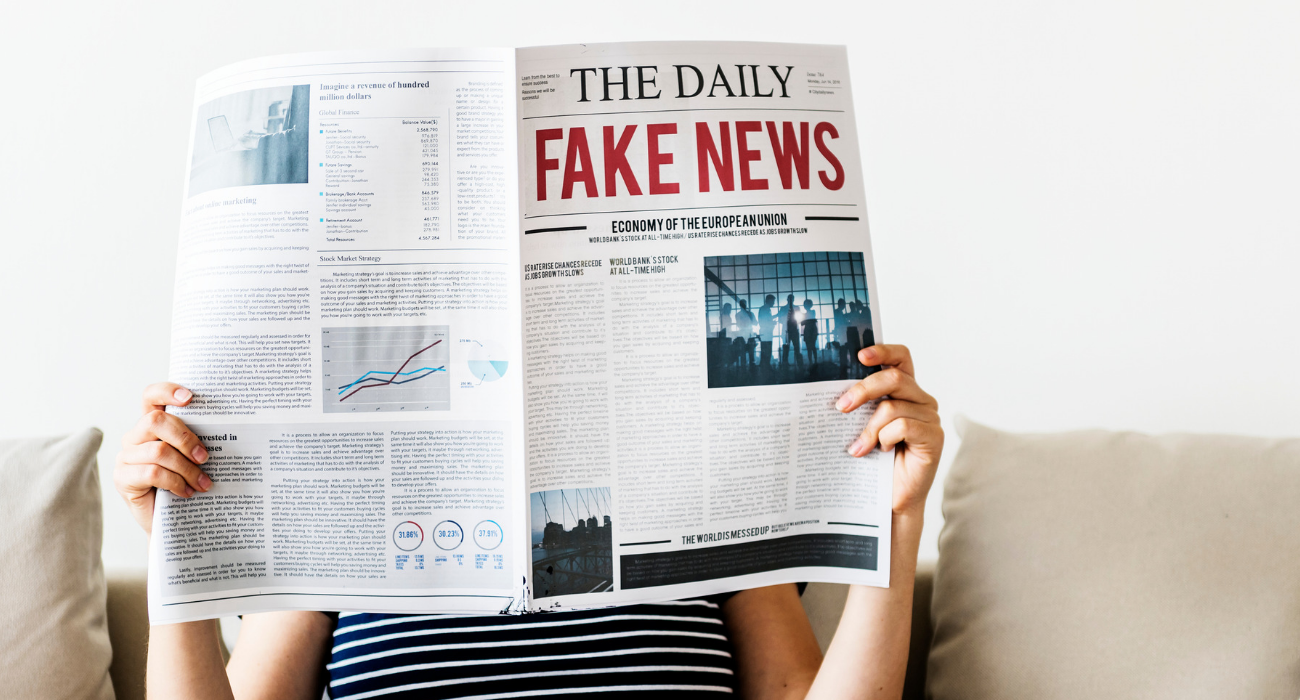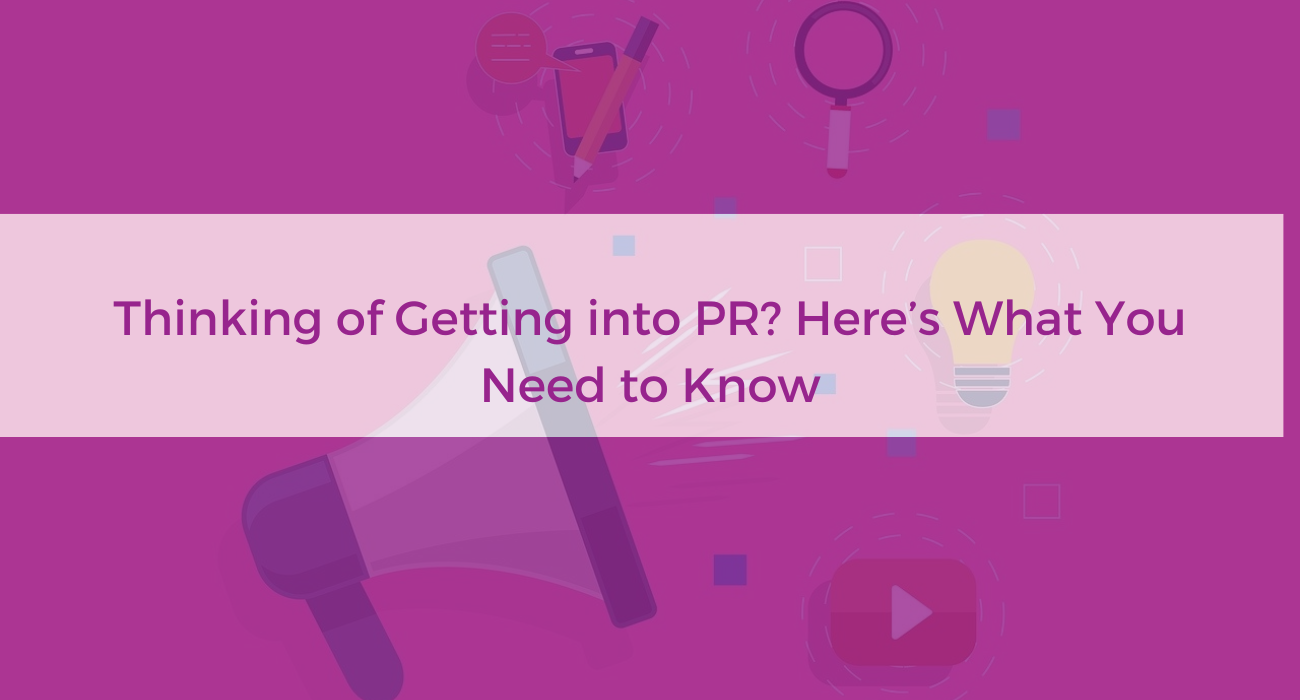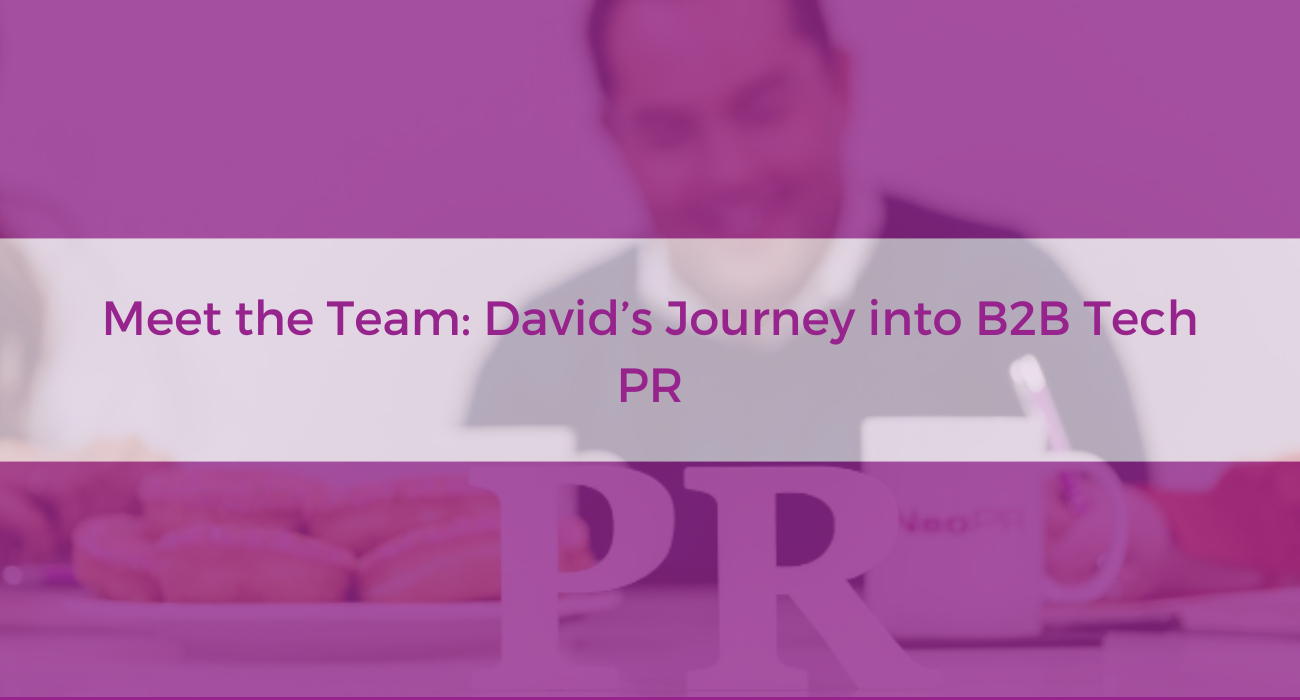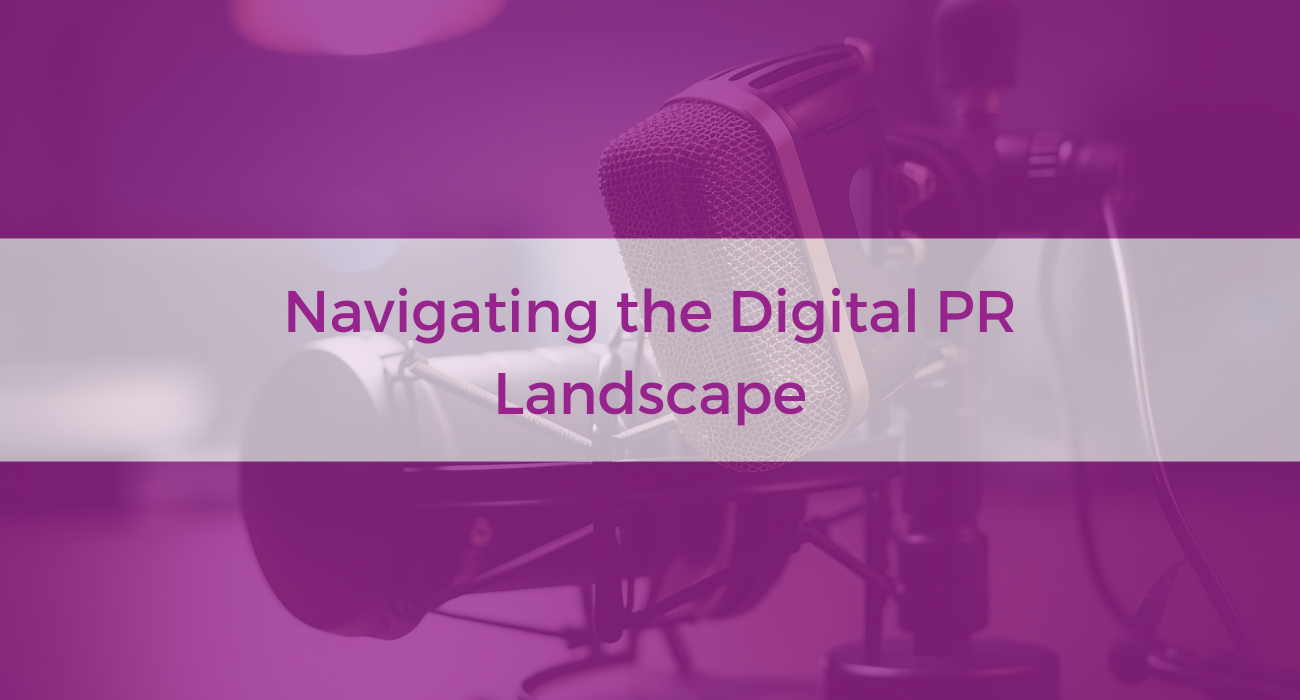
Where does PR stand in a world of Fake News?
It’s a hot topic at the moment. There has been an increasing number of ‘news’ stories going viral that end up being untrue. From a fake fire in Germany to leaked documents from a certain US President, fake news is becoming an issue. So where does PR stand in this ever more confusing News-universe?
Where did it all start?
The phrase ‘fake news’ has been floating around since November 2016, when Facebook found itself in the heart of a fallout. Last week, the social network announced its efforts to combat the spread of misinformation and offered users in Germany the chance to flag up stories they believe to be untrue.
Along with Faceboook, the BBC, Google and other media owners have taken measures to filter out any unauthentic content. Reuters president and editor-in-chief also said that the organisation plans to win greater public trust in its news gathering methods by providing readers with the opportunity to question reporters and show detailed sources.
Do people even read it?
Yes. And social media is part of the problem.
62% of adults reported that they get news from a social media site. The likes of Facebook and Twitter are rife with ‘clickbait’ headlines that some users just can’t resist clicking on. The more sensational the story, the more shares. Within minutes, stories can spread like wildfire.
And with millions of users, social media and Facebook in particular is also an important platform for real media owners. In fact, 78% thought that it was the most important platform to invest in during 2017.
Where does PR stand in all this?
The issue of fake news highlights how important it is for PRs to support legitimate media and build relationships with respected publications. Some publications may come with a subscription cost, but it will be the right audience reading real news from your clients. It is also very important to be aware of the facts – false stories and rumours can stem from a misperception or an inaccuracy which can be distorted. Make sure you cite sources (even if widely available!) and back up your points.
PR and Journalism are industries founded on trust and truth – everyone knows that marketing and advertising tend to sway in favour of the company in question. If someone reads a story in a magazine or on a website, it tends to have more weight and credibility. So it’s more important than ever to ensure that your PR agency is creating quality, useful content that is true – you never know when someone might unpick it!
The most important thing is not giving fake news oxygen: it doesn’t happen too much in the B2B world, but if something seems fishy to you, fact check it and avoid sharing it on social media!
What do you think about fake news? Have you fallen for it in the past? Tweet us your thoughts – @NeoPRltd




